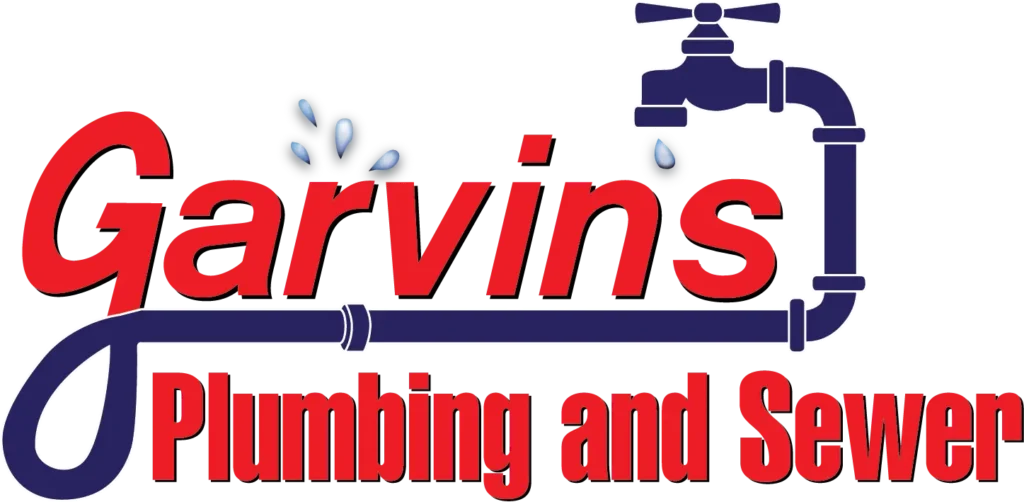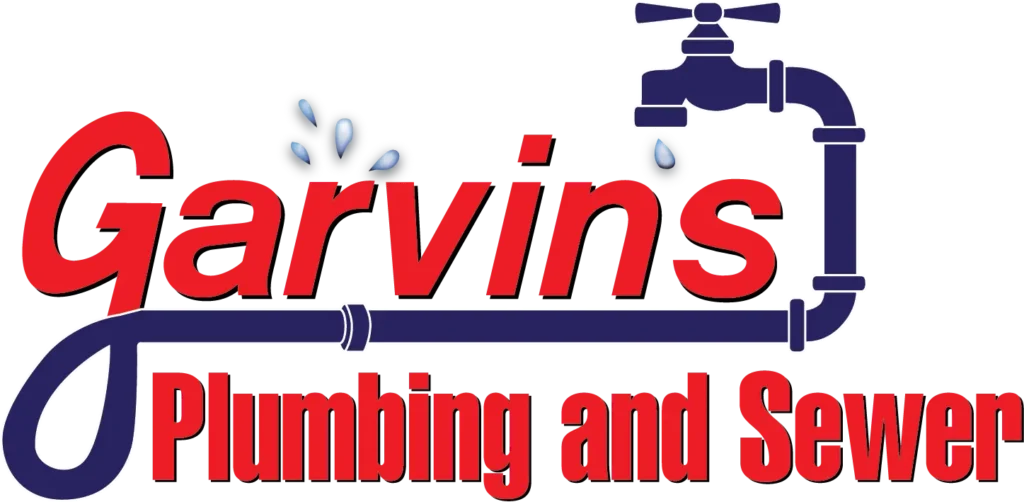
Core Values
Garvin’s Sewer Service Core Values: Safety
At Garvin’s we created a Code of Conduct that includes 6 Core Values. Today we want to explain Safety and what it…

Drain Cleaning Denver
Spring tips to keep your plumbing humming
Spring in Colorado: What a tricky time. It will be sunny one day and cold the next. The wind will howl on…

Common Plumbing Issues
How to prepare your plumbing for the holidays
The last goblin has disappeared into the night and now the winter holidays are coming: Thanksgiving, Hanukkah, Christmas, Kwanzaa, to name a…

Clogged Sewer Line
The Dangers of Drain Cleaning
Every once in a while we have customers call us complaining that the drain cleaning service we provided broke their drain line.…

Clogged Drain
5 Tips to Prevent Plumbing Problems
It’s amazing in 2021 to ever imagine life without indoor plumbing. Many of us, especially first-time home buyers, seemed to take plumbing…

Drain Cleaning Denver
What are the Most Cost-Effective Plumbing Upgrades?
Whether you’re planning to sell your home or just want to make it more livable, there are a variety of cost-effective plumbing…

Clogged Drain
Preparing for “Brown Friday” in Denver
The experienced team of local plumbers at Garvin’s Sewer Service in Englewood has no shortage of work to do around the Denver…

Clogged Drain
How To Find Water Leaks Inside a Wall: Tips for Denver, CO Residents
A water leak can cause a lot of expensive damage. Worse yet, a hidden water leak inside your walls could go undetected…

Clogged Drain
Tips For Keeping Your Restaurant Drains Fresh
If you’re running a restaurant you know just how many things there are to keep track of. One thing that you may…

Sewer Camera Inspection
What is a Sewer Camera Inspection?
Plumbing has come a long way over the course of the last couple of decades, especially as it pertains to newer innovations…

Flushable
9 Items That Should Never Go Down the Drain
Here at Garvin’s Sewer Service, we get calls from homeowners all the time because they have a clogged drain, and while there…

Clogged Drain
A Guide to Sewer Line Preventative Maintenance
Your sewer lines may be hidden, but they are about as important as any individual aspect of a home. Imagine what life…




